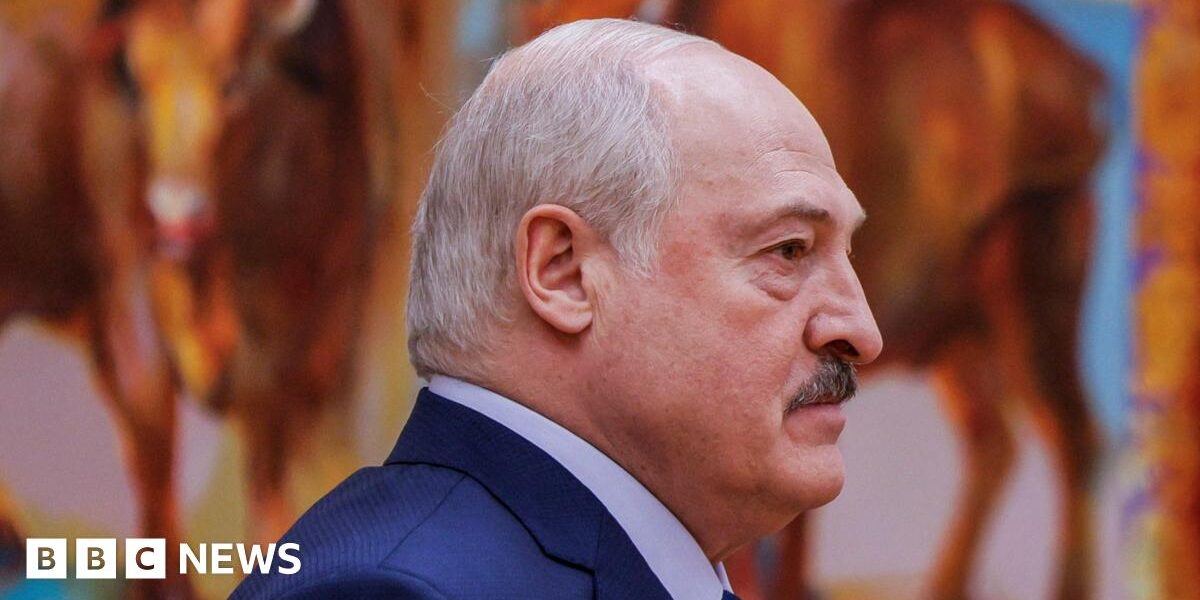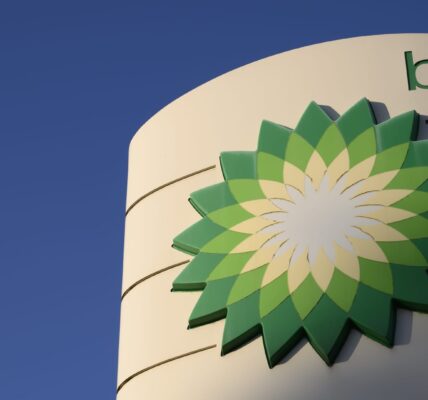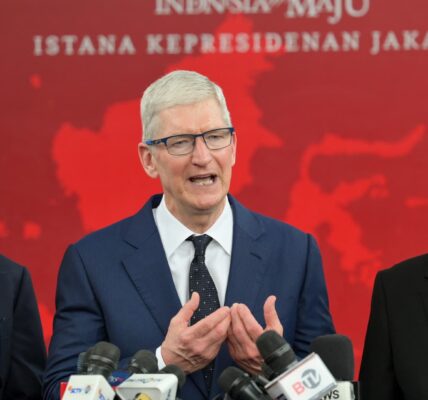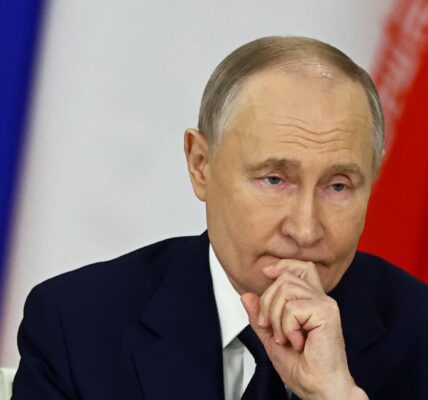Four-and-a-half years ago, at a different enterprise, the leader of Belarus received a much cooler reception.
One week after the 2020 presidential election, Alexander Lukashenko visited the Minsk Wheels Tractor Plant. Leaked video showed him being jeered and heckled by workers. They shouted ‘”Go away! Go away!”.
In 2020 the official election result – of 80% for Mr Lukashenko – had sparked anger and huge protests across the country. Belarusians poured onto the streets to accuse their leader of stealing their votes and the election.
In the brutal police crackdown that followed, thousands of anti-government protesters and critics were arrested. Eventually the wave of repression extinguished the protests and, with help from Russia, Mr Lukashenko clung to power.
The UK, the European Union and the United States refuse to recognise him as the legitimate president of Belarus.
Alexander Lukashenko’s staunchest opponents (and potential rivals) are either in prison or have been forced into exile.
That is why this week the European Parliament passed a resolution calling on the EU to reject the upcoming presidential election as “a sham” and pointing out that the election campaign has been taking place “in an environment of severe repression which fails to meet even the minimum standards for democratic elections”.
I remember interviewing Alexander Lukashenko last October, on the day the date of the presidential election was announced.
“How can these elections be free and democratic if the leaders of the opposition are in prison or abroad?” I asked.
“Do you actually know who the leaders of the opposition are?” Mr Lukashenko hit back.
“An opposition is a group of people who should serve the interests, at the very least, of a small number of people in the country. Where are these leaders you speak of? Wake up!”
Alexander Lukashenko is not the sole candidate. There are four others. But they seem more like spoilers, than serious challengers.





